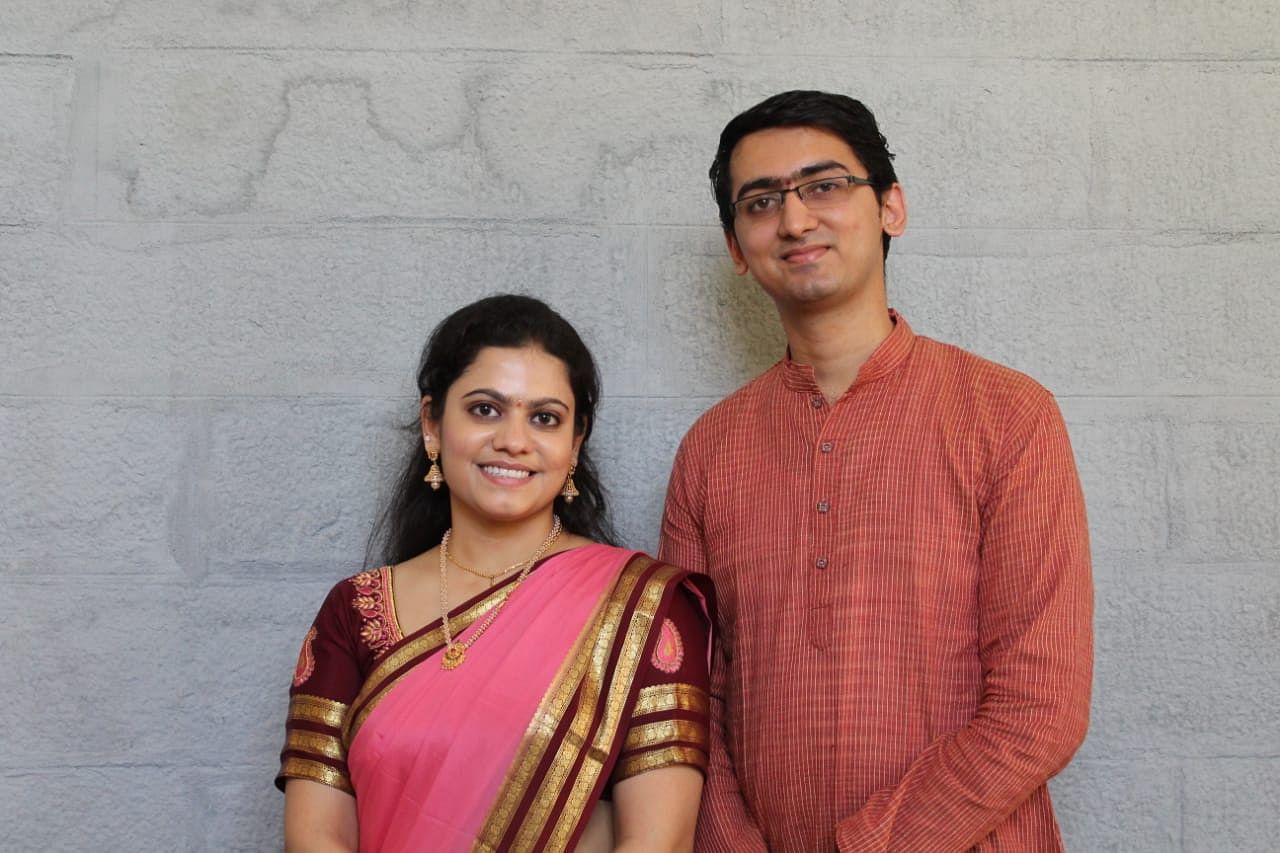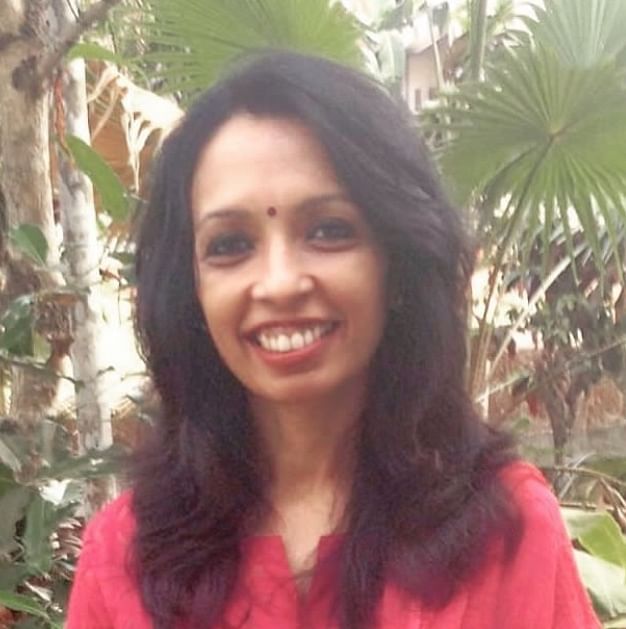
Little did newly-weds Dr Niteesh Bharadwaj, a paediatrician, and his wife Inchara know, when they set on a trip to Maldives, that they would have to spend three days in a quarantine hospital after their return.
Now in home quarantine, after the couple tested negative for COVID-19, Dr Niteesh said, “I am narrating my experiences in a quarantine hospital now so that it may help others feel less anxious.”
The couple had headed to Maldives last month. “At the time, there were a few cases here and there, but since things were okay, we decided to go ahead with the trip,” he recollected.
“The number of tourists were less there. Anyway, we didn’t come in contact with anybody. However, at the airports and flights, you never know,’’ he said, in hindsight.
“Once we landed in Mumbai, we filled in a self-declaration form saying we didn’t have fever or cough. A thermal scan was also done. We didn’t have any symptoms then. There was no stamping for home quarantine.”
Dr Nitheesh explained, “Initially, the home quarantine stamping was only for 25 countries and Maldives was not in that list. We took a connecting flight to Bengaluru from Mumbai. There was no screening done because it was a domestic flight.”
However, once they reached home, they decided to self-isolate themselves to a room on their terrace “because we had our parents, who are nearly 60, and my niece staying with us”.
After a week, Dr Niteesh developed a mild sore throat.
A day later, his wife started having a runny nose and cough apart from slight breathing difficulties.
“We became cautious,” he said. “After discussing with a few of my colleagues, we decided to get tested at Rajiv Gandhi Institute of Chest Diseases,” he recollected
“It was pretty simple there,” he said, allaying all fears of testing.
“The hospital has separate counters for patients. At gate number one, they have a hut sort of thing which is meant only for screening COVID-19 patients. Here, the doctor asked for our basic details, our travel history, etc. and filled up a form. We then went to the registration desk and got our OPD card printed. With the card we went to gate number 2 to meet a senior doctor.
“After he took down our clinical history, he suggested that we get tested. He added that we need to stay in a quarantine hospital also after the test.”
This was something that they did not expect.
“We were told that the test will be taken and the reports will come after three days. If the test is positive, we would be sent to a hospital allocated to keep only the COVID-19 positive patients,” he said.
They were tested for the virus and H1N1. “They took our throat and nose swabs and vitals were checked. They then categorise into high risk and low risk patients,” Dr Niteesh said.
For the low-risk patients, like the couple, there are about 10 quarantine hospitals, he informed.
They were asked whether they wanted to go to a private or government hospital. They chose the latter.
Since the couple stayed in Chamrajpet, the closest hospital was ESI Rajajinagar. Unfortunately, there were no vacant beds available and the other hospitals were very far for them. They finally chose the Isolation Hospital in Indiranagar.
“There were only four pickup ambulances, so we waited for two hours for an ambulance to take us to Isolation Hospital in Indiranagar. We are not allowed to go by ourselves. This is because some people won’t go to hospitals after the tests, they just abscond,” Dr Niteesh informed.
“At the hospital, there were two wards -- one for male and one for female patients. There were six patients in 12 beds with screens and adequate distancing between the beds,” he said.
For the couple, though, the next two days were all about waiting for the reports.
“The staff in the hospital were very friendly, took good care of everyone and were strict when they were required to be. We were prescribed anti-flu medicines and antibiotics. Antibiotics, probably, was a blanket therapy for everyone. We were also given medications for cold and cough,” Dr Niteesh explained.
The food, he said, was served on time and there were extra boxes of food for those who required them. “The bathrooms were clean, even the fittings were new,” he added.
“Dr Ansari was the district surgeon in charge of the hospital. He had ensured that the food and other facilities were provided to all patients on time,” he said satisfied with the services provided.
As was said, on the third day, they got their report and they tested negative.
“The hospital also got our report -- for a double check. The doctor then prepared our discharge summary and we were given the discharge card. We were also stamped for home quarantine for 14 days.”
With his hospital quarantine days over, Dr Niteesh is now raring to get back to work.
While waiting for the home quarantine to be over, Dr Niteesh says,
“Whatever the government is doing, it is the best thing. Lockdown is not just to protect the patient but their parents and contacts from contracting the disease. One should respect the lockdown and if one is in home quarantine, strictly follow it and stay at home,” he said
“And did I say there were no expenses at all, right from testing to discharge?” he summed up.
